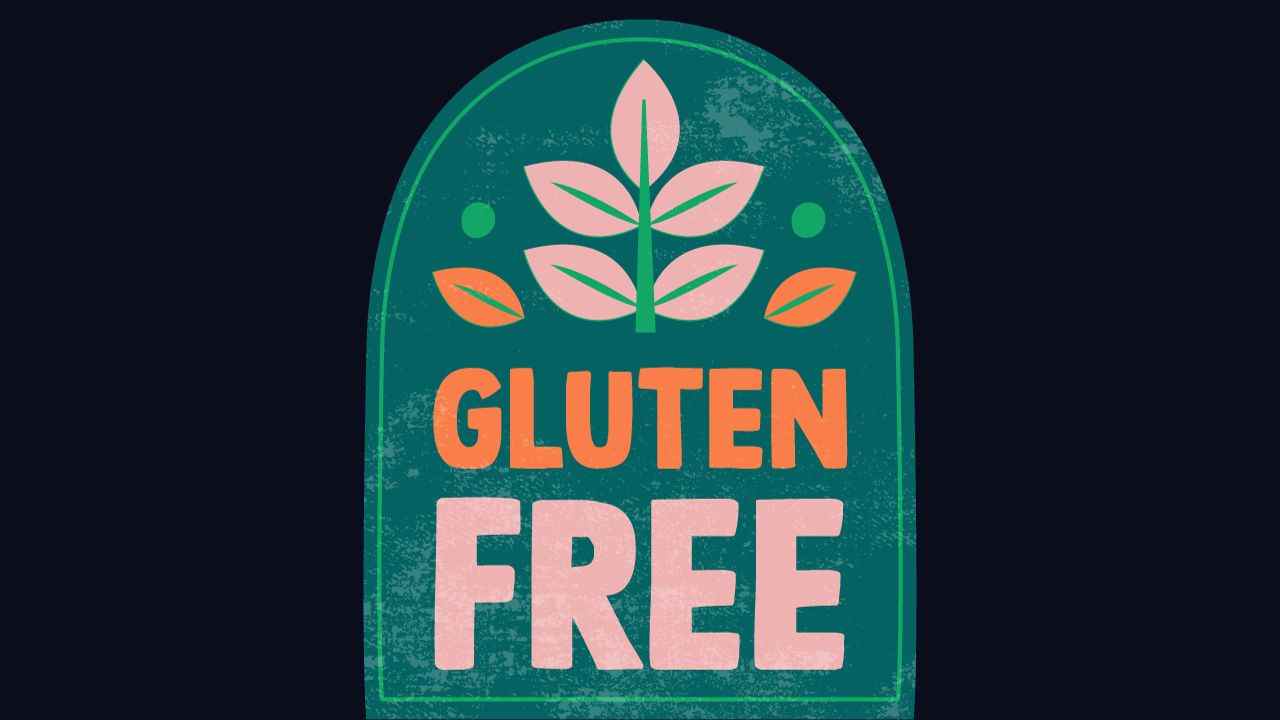In the ever-evolving world of nutrition, one term that has garnered substantial attention is “gluten.” You’ve probably heard of it, whether in the context of dietary trends, gluten-free diets, or discussions about health. But what exactly is gluten, and can it be a part of a “healthy” diet? In this comprehensive article, we delve deep into the world of gluten, shedding light on its origins, effects, and whether it has a place in your quest for a healthy lifestyle.
What is Gluten?
Gluten is a protein composite found in various types of grains, most notably wheat, barley, and rye. This protein is formed when two proteins, glutenin and gliadin, combine in the presence of water. Gluten provides elasticity to dough, allowing it to rise and maintain its shape, making it a key ingredient in many baked goods.
The Controversy Surrounding Gluten
In recent years, gluten has become a topic of controversy. Some individuals have embraced gluten-free diets, claiming that it offers numerous health benefits. On the other hand, many others continue to consume gluten without any issues. Let’s explore both sides of the argument.
The Benefits of Going Gluten-Free
- Celiac Disease: One of the most compelling reasons to avoid gluten is celiac disease. This autoimmune disorder affects about 1% of the population and can lead to severe gastrointestinal discomfort and other health issues when gluten is consumed.
- Non-Celiac Gluten Sensitivity: Some individuals who don’t have celiac disease report experiencing digestive symptoms, like bloating and discomfort, after consuming gluten. This condition is known as non-celiac gluten sensitivity.
- Wheat Allergy: A small percentage of people have a true wheat allergy, which can cause allergic reactions upon wheat or gluten consumption.
The Case for Consuming Gluten
- Nutrient-rich grains: Gluten-containing grains like wheat provide essential nutrients, including fiber, vitamins, and minerals. These nutrients are important for a balanced diet.
- Digestive Health: For those without celiac disease or sensitivity, gluten may not pose any digestive issues. In fact, whole grains can support a healthy digestive system.
- Dietary Diversity: Eliminating gluten from your diet can lead to a reduced variety of food choices, which may not be ideal for a balanced and enjoyable diet.
Also check: For a Longer Life and Happier Gut, Eat More Fiber
Gluten in a “Healthy” Diet
The idea of whether gluten can be part of a “healthy” diet is highly individualized. A “healthy” diet depends on various factors, including your unique nutritional needs, lifestyle, and any underlying health conditions.
When to Include Gluten
If you don’t have celiac disease, wheat allergy, or non-celiac gluten sensitivity, there is no medical reason to eliminate gluten from your diet. In fact, gluten-containing grains can be a valuable part of a balanced diet, offering a range of nutrients and fiber.
When to Avoid Gluten
If you have been diagnosed with celiac disease, it is imperative to eliminate gluten completely from your diet. Even small amounts can trigger adverse reactions and damage your intestinal lining. For those with non-celiac gluten sensitivity or a wheat allergy, avoiding gluten is also recommended to prevent discomfort or allergic reactions.
Also check: Thyroid Diet Strategies For Weight Loss
Balancing Your Diet
A “healthy” diet is not defined by the absence or presence of a single element like gluten. Instead, it is a complex interplay of various nutrients and food groups. Here are some tips for achieving a balanced diet:
1. Diversity is Key
Incorporate a wide variety of foods into your diet to ensure you receive a broad spectrum of nutrients. This includes whole grains, lean proteins, fruits, and vegetables.
2. Listen to Your Body
Pay attention to how your body reacts to different foods. If you experience discomfort or digestive issues after consuming gluten, it may be a sign to limit or avoid it.
3. Consult a Healthcare Professional
If you are uncertain about whether gluten should be a part of your diet, it’s advisable to consult with a healthcare professional or registered dietitian who can provide personalized guidance.
Also check: Unveiling the DASH Diet
Conclusion
In the ongoing debate about gluten’s role in a “healthy” diet, there is no one-size-fits-all answer. Whether gluten should be part of your diet depends on your individual health, preferences, and dietary needs. For some, gluten can be a valuable source of nutrients, while others may need to avoid it due to specific health conditions. Ultimately, the key to a “healthy” diet lies in balance, variety, and understanding your own body.
